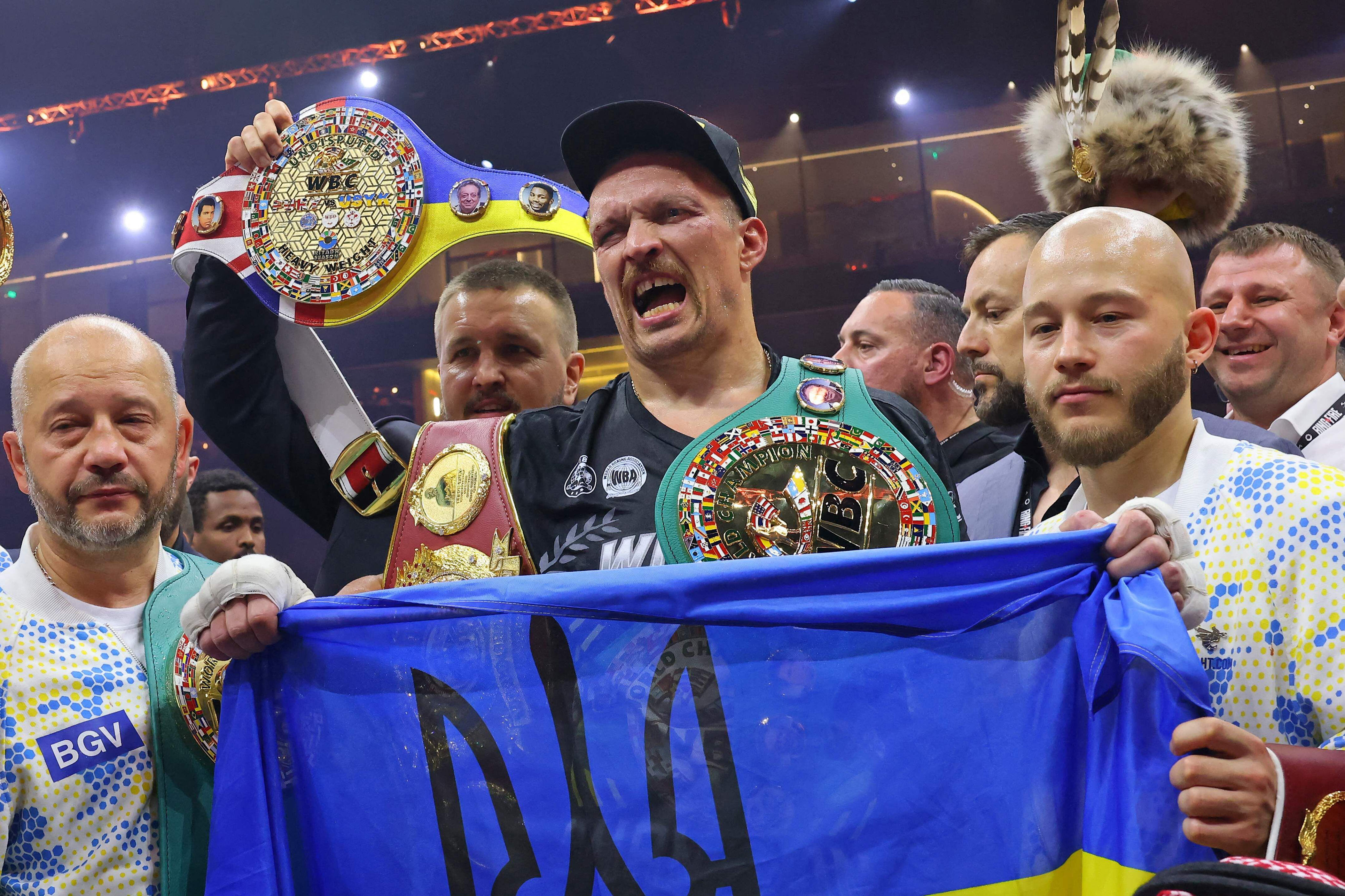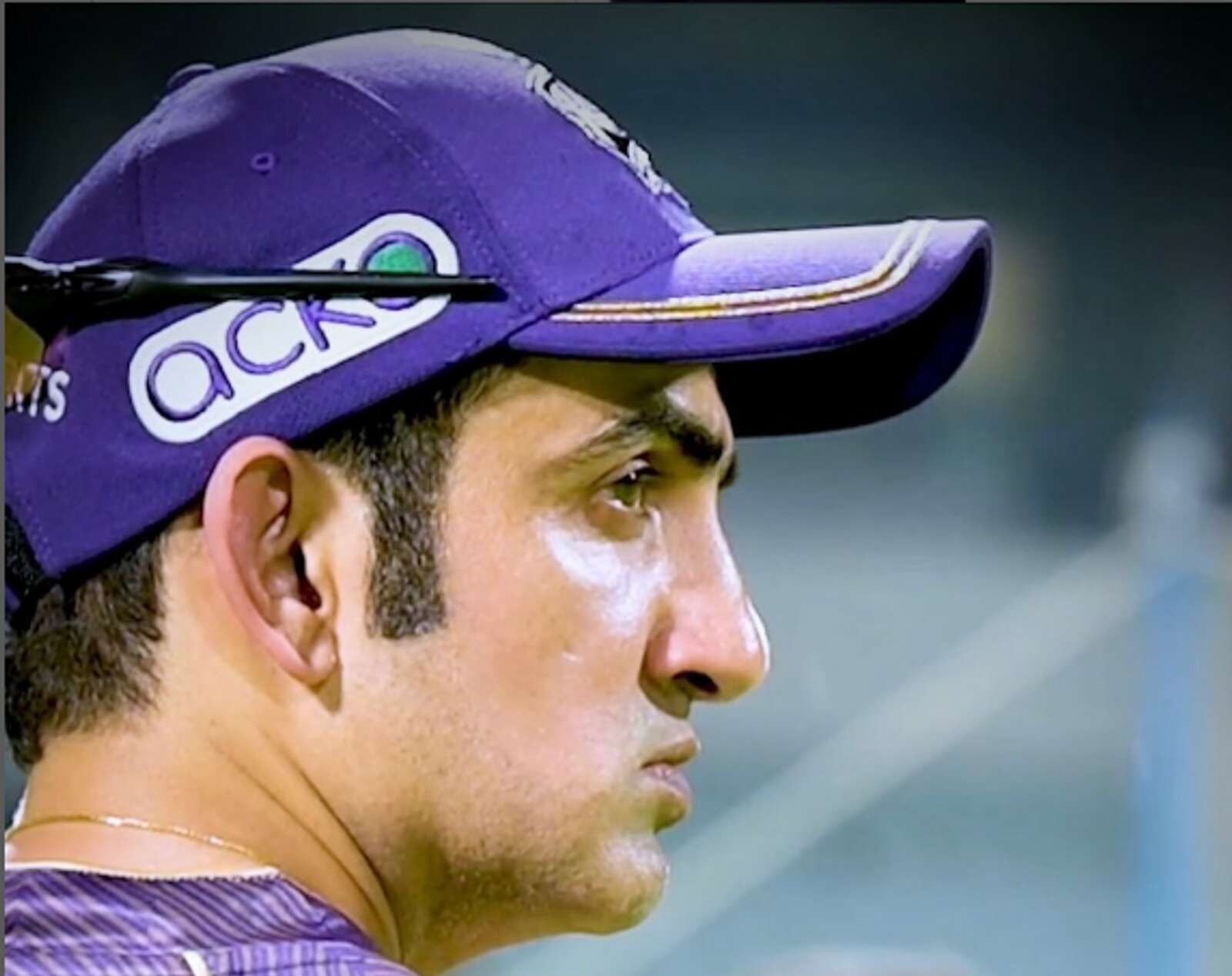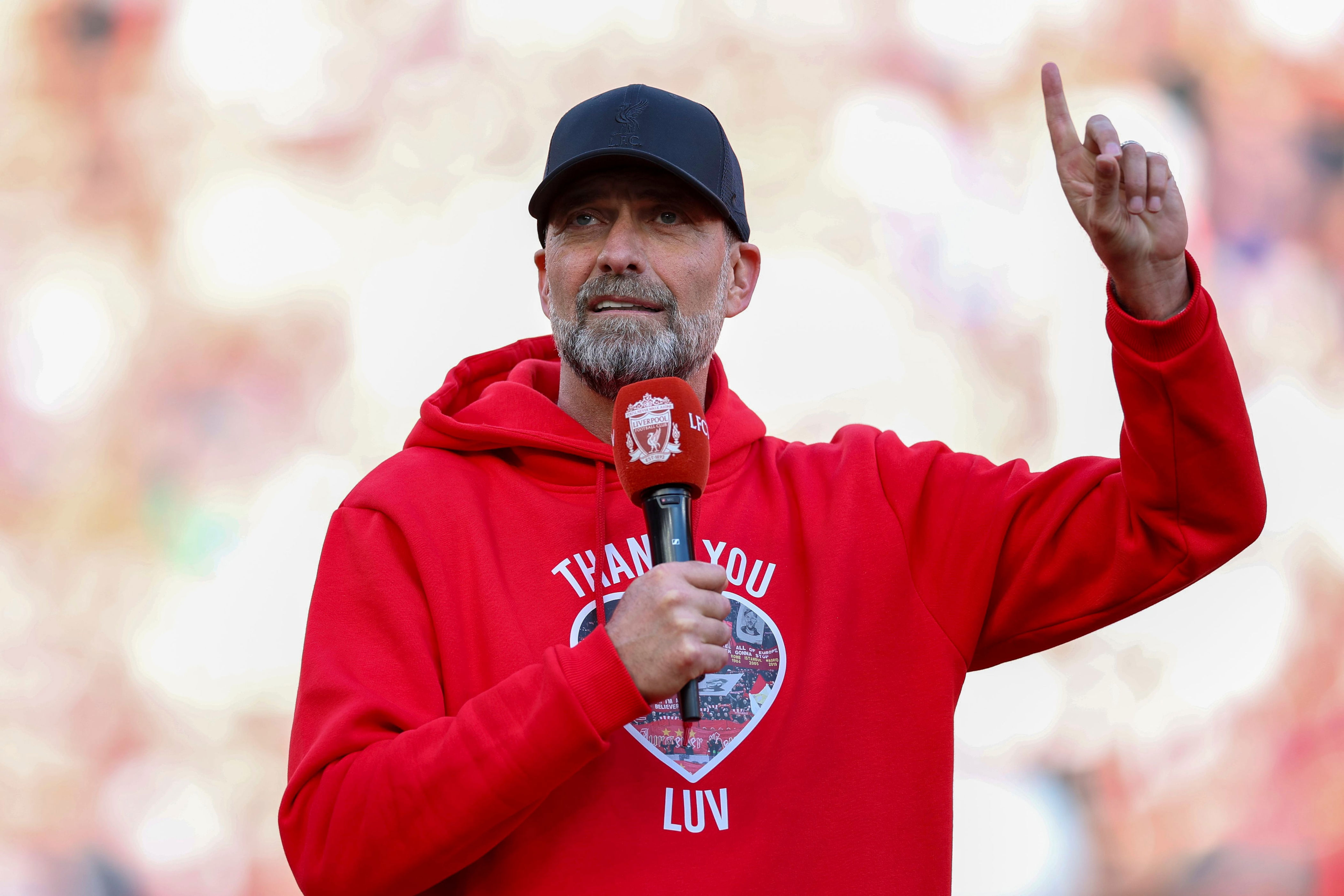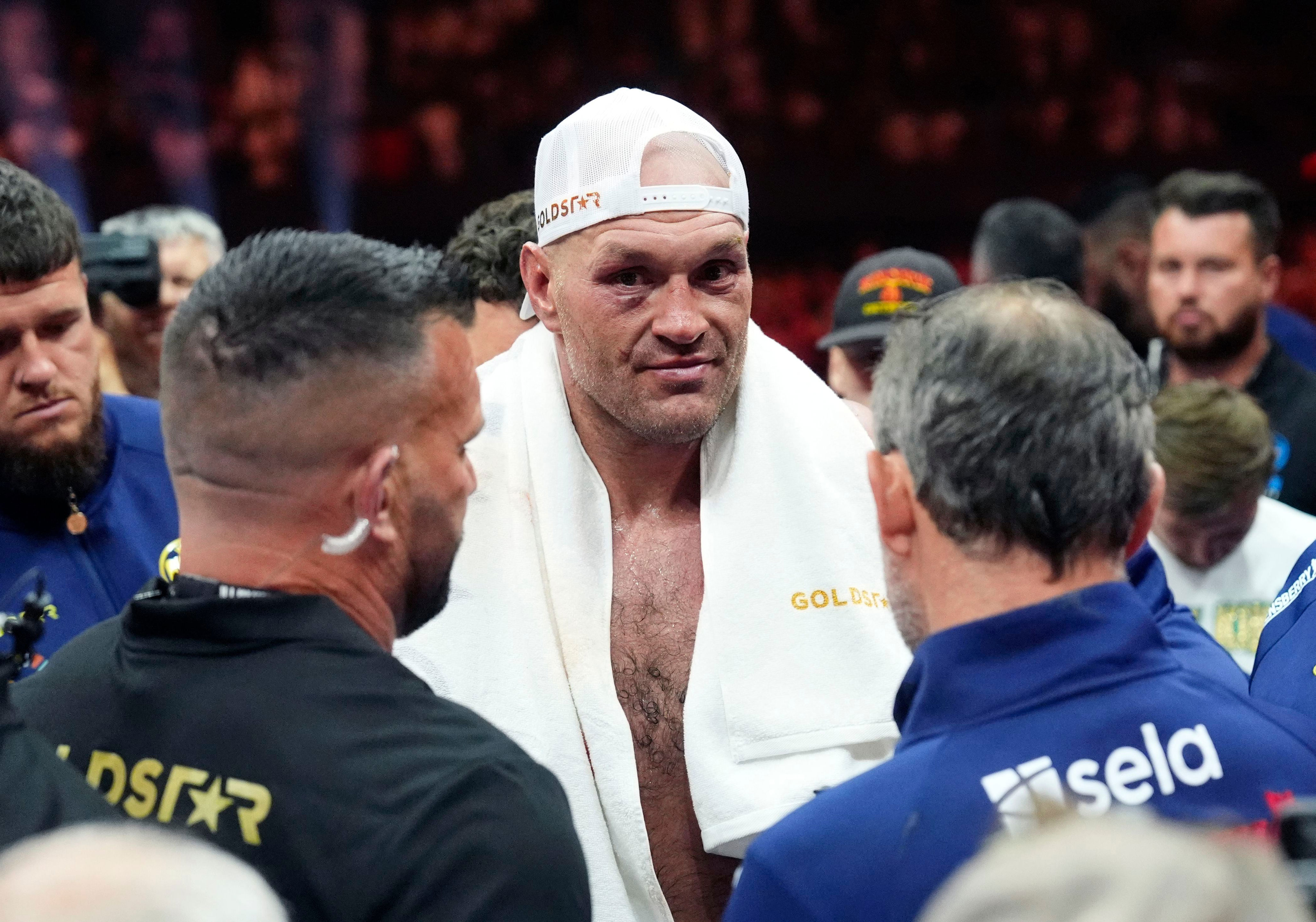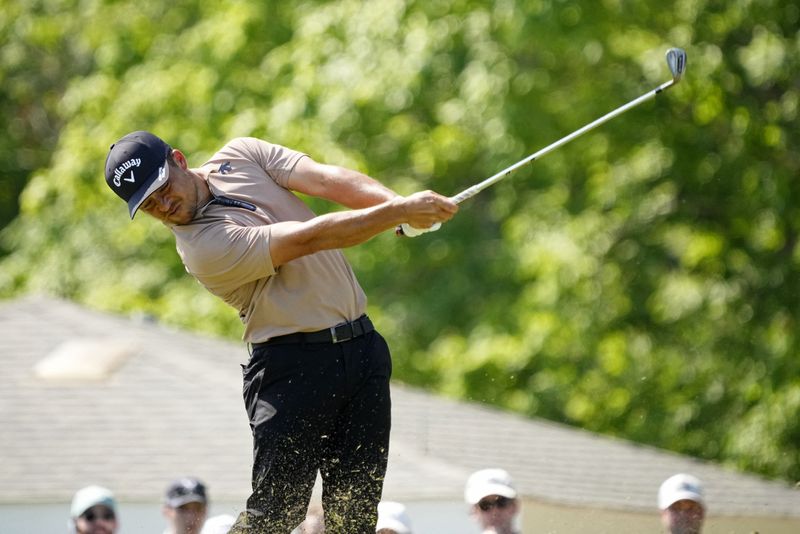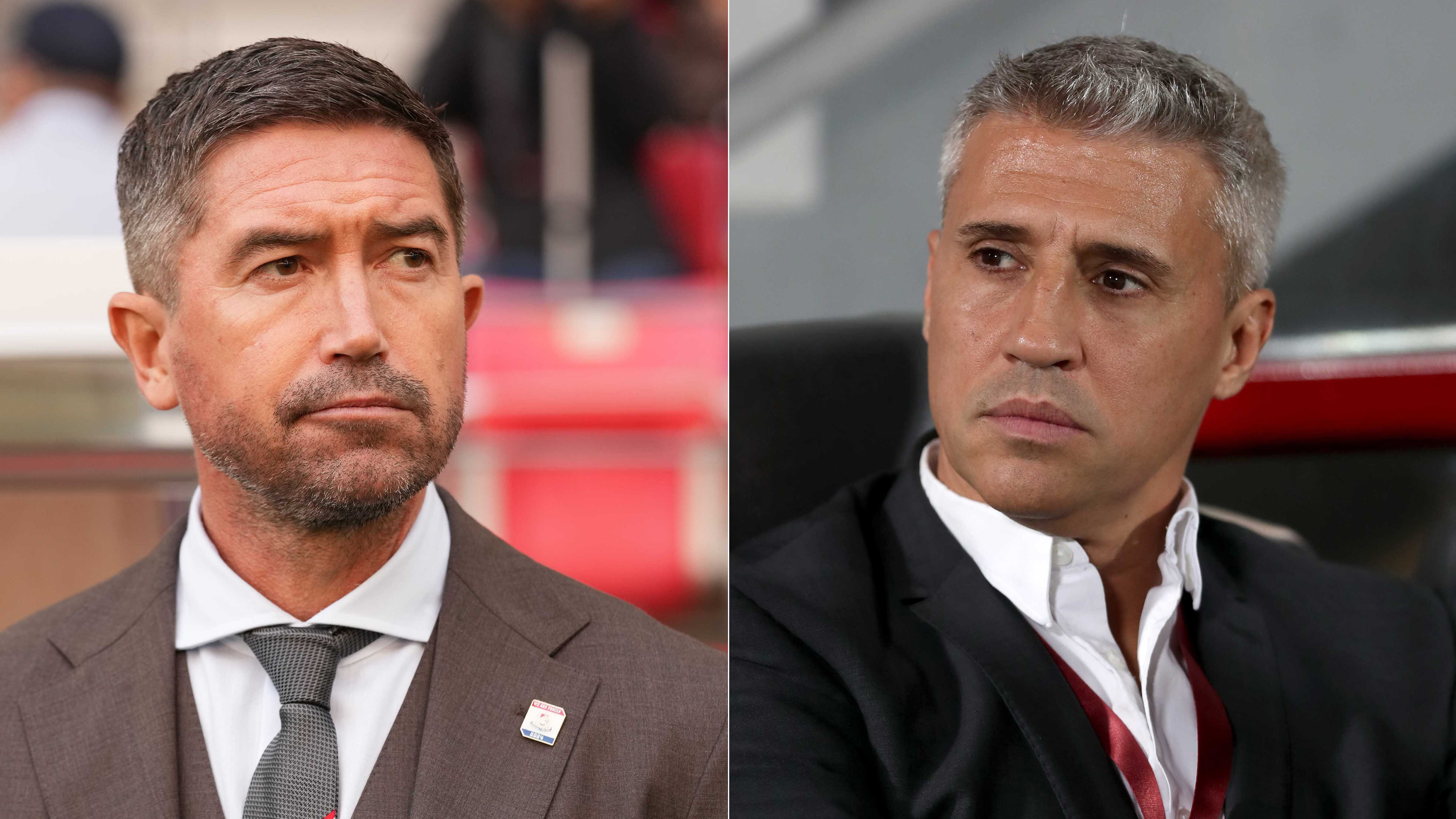
YOKOHAMA V AL AIN: KEWELL, CRESPO AND THE GHOSTS OF ISTANBUL AHEAD OF ACL FINAL
It’s been almost 20 years, but there’s still a consensus across football that no final, matching club versus club on the international stage, has quite had the drama and suspense of the so-called Miracle of Istanbul. It finished Liverpool 3, AC Milan 3, with the English team seizing victory in the Uefa Champions League showpiece on penalties at the Ataturk Olympic Stadium. Liverpool had trailed 3-0 at half time.
To have been there, in late May 2005, as a reporter feels a privilege. To have been part of the winning side is evidently a useful endorsement for a young manager seeking to cajole and inspire belief in his players that no cause is ever lost.
When Harry Kewell, barely two months into his stint as head coach of Yokohama F Marinos, made studied reference to his own experience in the winning Liverpool side in Istanbul, in order to lift the spirits of his Marinos players after they lost the first leg of their Asian Champions League semi-final to Ulsan, it may have had some effect, although the Marinos comeback he oversaw evoked that famous night in Turkey rather too closely for his comfort.
Like Liverpool in Istanbul, his Marinos scored three goals to launch a comeback in last month’s semi-final second leg. Just as in the 2005 Champions League final, the pendulum was swinging wildly. The semi finished 3-3 on aggregate, the Japanese club squeezing past their Korean rivals only via shoot-out and booking their date with Al Ain in the final.
"I was part of a special team,” Kewell said of Liverpool’s high-wire, comeback kings of 19 years ago. “It is a team that, on that night, was able to come back from a scenario where a lot of people thought it was dead and buried."
Kewell’s own role in Istanbul was, in fact, marginal and widely maligned. From a seat in the press box at half time, you could hear raging anger at the Australian winger from Liverpool fans. From journalists, there was exasperation at Kewell and, even after Liverpool’s extraordinary recovery, a critical posture towards him would be reflected in the reporting of the epic final. “Kewell, a player with a heart the size of diamond ear-stud,” fumed Britain’s Guardian newspaper. “The selection of Harry Kewell smacked of trying to savage Milan with a dead sheep,” wrote a respected commentator in The Telegraph.
Kewell’s failure that night? To have lasted only 23 minutes of that fateful first half. He went off injured and in agony, a muscle in his groin ruptured. In the context of a Liverpool career that had been punctuated with injuries, and some high-profile clashes over how to manage his fitness between Liverpool manager Rafa Benitez and Kewell’s agent, it meant he drew stinging criticism. If that hurt at the time, it helped Kewell develop a thick skin, a valuable asset for a future coach.
History remembers that first half in Istanbul as a low point in Kewell’s long career as a skilful winger and playmaker. In those same 45 minutes, Hernan Crespo – who, as Al Ain head coach, finds himself confronting Kewell in major continental final once again on Saturday – seemed to be heading for a career peak.
Crespo, then 28, was the spearhead forward for Milan in Istanbul. For most of the 85 minutes he was on the pitch, he had been superb, capping a dream opening for his team – they led 1-0 within a minute of kick off – with a neatly taken goal to put them two up. Four minutes later his deft lob over Liverpool goalkeeper Jerzy Dudek gave him a brace of goals, and sent Milan into the half time dressing-room in celebratory mood.
The turnaround that followed utterly rewrote the script. Had Milan not allowed their 3-0 lead to be eroded and erased, Crespo may very well have been named man of the match. Given the eventual outcome, his brilliant second goal now only registers as a footnote.
Kewell’s groin injury, and the widespread surprise that a player who had not completed a full 90 minutes through the preceding five months was picked in Liverpool’s starting XI, is now viewed through a retrospective lens as a stroke of good fortune. The player who came on for Kewell, Vladimir Smicer, scored Liverpool’s second goal in the 56th minute. It was the strike that made a comeback seem plausible.
But by the end of a long night, it was Kewell who received a gold medal. Crespo was left burdened with a lifelong wondering about how that final was allowed to slip away from his Milan.
Milan’s head coach that day, Carlo Ancelotti, believes the reversal of fortune impacted the Argentine more than most of his teammates, many of them Champions League winners two years earlier. “Of all of them, Crespo is probably the one who felt it worst,” Ancelotti later reflected. “He’d never won a European Cup, and that evening in Turkey he thought his time had come, scoring not once but twice. His effort and skill had earned him the right to go home with a major honour. Even today, he lives with the regret he couldn’t lift that Champions League trophy. He deserved it most.”
Ancelotti, now at Real Madrid, speaks with authority. He calls Crespo “a close friend”. Even by the time they reunited as a coach and player at Milan, he had got to know the Argentine well, and come to admire his diligence and his ability to absorb setback and confront adversity.
When they worked together at Parma, in the late 1990s, Ancelotti recalls how Parma fans took against the young Crespo, newly arrived in Italy from Argentina, rather as some Liverpool followers in 2005 grew hostile to Kewell.
“He was being whistled and booed in his early days,” Ancelotti wrote of Crespo, “but he changed a city’s opinion of him.” He did so defiantly. Ancelotti recalls the 22-year-old Crespo scoring in a Uefa Champions League group game against Borussia Dortmund “and cupping his hands around his ears, a gesture to say ‘Now boo me if you dare!’”.
He saw the same resolve in Crespo when, 20 summers ago, he joined Milan after an unhappy period at Chelsea. “I don’t know what they’d done to him, but he came to us slow, ungainly, and sad,” according to Ancelotti. “But he worked like crazy to become the Crespo I knew. He began that season as a dead weight but ended it as a hero.” That was the season of the Istanbul final.
As for Kewell, a pioneering footballer for his native Australia, he would gradually become more appreciated in Liverpool. He played another Champions League final against Milan in 2007 – Crespo had left Milan by then – and finished on the losing side. Later in his career, Kewell would make Istanbul his home, during a spell with Galatasaray. There, he says, he learned a good deal about management from his Gala coach, the Dutchman Frank Rijkaard.
Just as Crespo, who endured tough times in his early coaching career before guiding clubs to trophies in Brazil, Argentina and Qatar, absorbed coaching habits from Ancelotti, so Kewell valued the calm, analytic work of Rijkaard once he embarked on a coaching journey that began modestly but has soared sharply in Yokohama. Kewell’s previous appointments as a senior head coach were in clubs in the fourth and fifth tiers of English football; an Asian Champions League final looks a big leap from there.
Kewell, now 45, is also grateful to his time with Benitez, the coach who defied critics to risk Kewell’s fitness and put him in Liverpool’s starting line-up in that epic 2005 final because he believed his enigmatic Australian to be a potential match-winner. Benitez “had faith in me when no one else thought I had a chance,” Kewell would later say.
And if it backfired with his early injury, leaving Kewell’s part in the Miracle of Istanbul relevant only in that Liverpool found a better Plan B without him, there was still a moment in that long night when you could catch a glimpse, from high up in the press box, of Kewell’s latent managerial nous.
As both teams were preparing for the deciding penalty shoot-out, some excitable Liverpool players smothered goalkeeper Dudek with advice. Kewell, substituted over 90 minutes earlier, stepped forward to quietly usher Dudek away from the hubbub. He sensed the most important Liverpool player for the tie-breaker needed a few tranquil moments to compose himself.
Kewell was right. Dudek went on to save two of Milan’s penalties, enough to complete an extraordinary Liverpool comeback.
2024-05-08T22:01:29Z dg43tfdfdgfd
